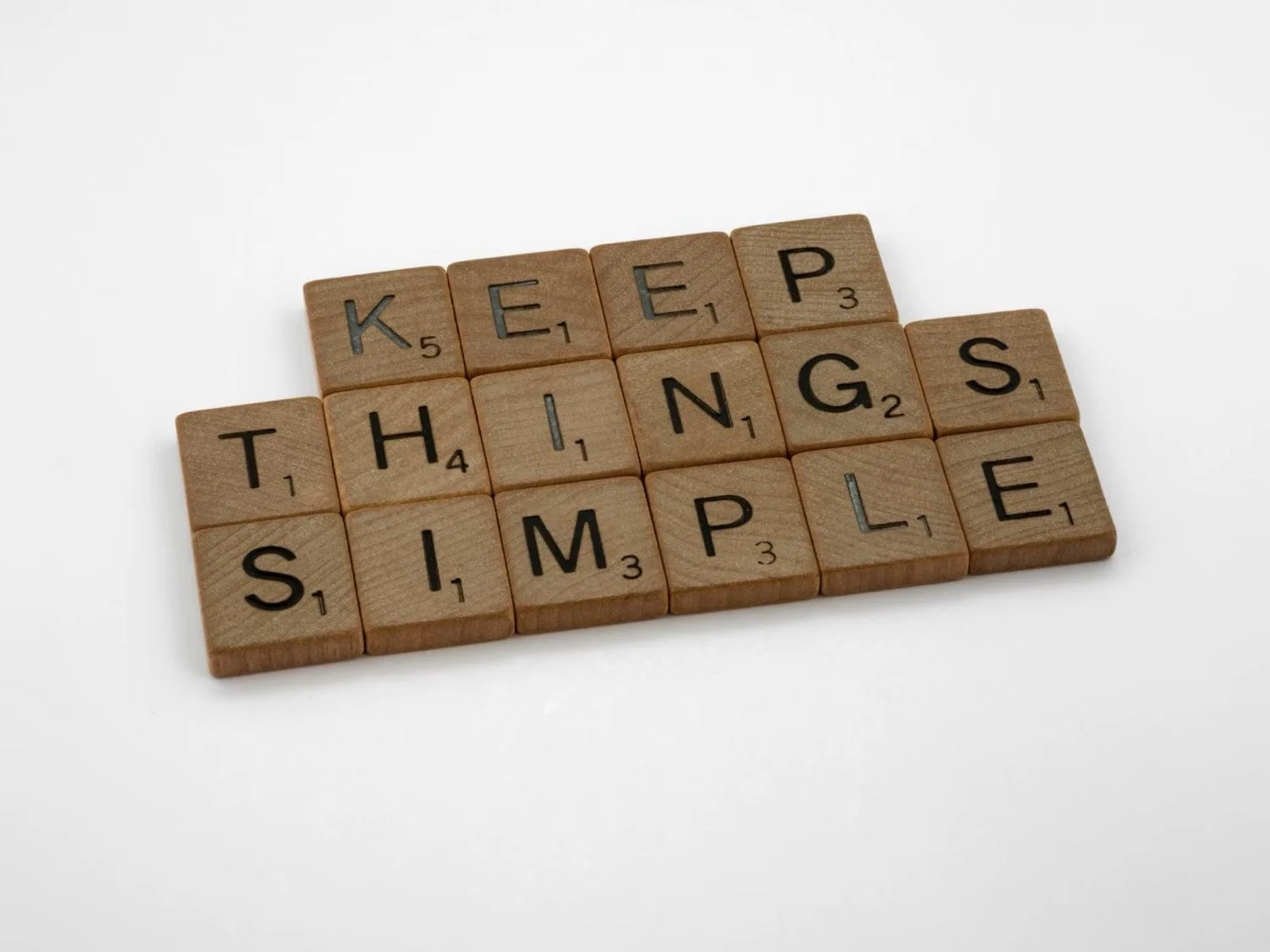Readings for today: Leviticus 11-14
Holy. It’s a word that defies definition. We don’t really understand it. We can’t fully grasp it. We’ve never experienced it or seen it or touched it with our hands. At best we use words like “sacred”, “perfection”, and “righteous” as we grope after it. But it’s like the blind leading the blind in the dark. Only God is holy. Perhaps this is why we struggle to grasp what holiness is all about. It is something unique to Him. And because holiness is unique to God and because God cannot be defined, we will never be able to truly define what holiness is all about. At the same time, we run across passages where God calls us to be holy as He is holy. How is that possible if holiness is a quality reserved for God alone? How in the world can we be holy as He is holy?
The answer, as always, is found in relationship. This is why God says, “For I am the Lord, who brought you up from the land of Egypt to be your God, so you must be holy because I am holy.” (Leviticus 11:45 CSB) Holiness is not a quality we can muster on our own. It is not a characteristic we can develop over time. Even if we were able to channel all our effort and energy and attention into being holy every single day of our lives, we would fall short. Holiness is something that comes from God alone. It flows from a deep, intimate relationship with Him. It cannot be experienced apart from Him. It is a byproduct of dwelling in God’s presence. Remember how Moses’ face lit up with the glory of God after meeting with Him? It was like a bit of God’s glory “stuck” to Moses and he had to veil his face as a result. The same is true for holiness. As we spend time with God and develop our relationship with Him, we will find His holiness beginning to stick to us.
One cannot understand the heart of today’s readings without understanding this basic principle. All the rules and regulations regarding what is clean and unclean seem arbitrary and capricious if you do not ground them in relationship to God. God is seeking to set His people apart. He wants them to live a particular way. A purified way. A sacred way. And that requires they take certain steps to keep their food and kitchens clean, maintain personal hygiene, and eliminate disease. Even the person who is “unclean” bears a responsibility to make sure he or she doesn’t contaminate the entire community. It’s why they separate themselves and live alone. It’s why they yell, “unclean” when others are around. Everyone has a share in making sure the community remains pure and holy before the Lord. I know this sounds strange to our 21st century Western ears but in ancient near east culture, the community is always prioritized over the individual. (Important Note: The text doesn’t say the community should shun or not care for the individual in need. It simply says that person should live alone. Don’t let how human beings have cruelly chosen to treat those with disease over the centuries skew your reading of the Bible.)
“Be holy as I am holy.” Thankfully, as always, Jesus Christ shows us the way. He was unafraid to dine with the unclean. Unafraid to touch women with menstrual conditions. Unafraid to touch lepers and others with disease. He was unafraid because He knew He was the conduit for His Father’s holiness. He knew God’s holiness was far more “contagious” than any mold or blood or disease. He knew as soon as people came into relationship with Him that a bit of His holiness would stick to them. And the same is true for us today. As we enter into a saving relationship with Jesus Christ, we are made holy. We become holy because He is holy and this leads to a desire to remain holy in order to honor Him.
Readings for tomorrow: Leviticus 15-18




